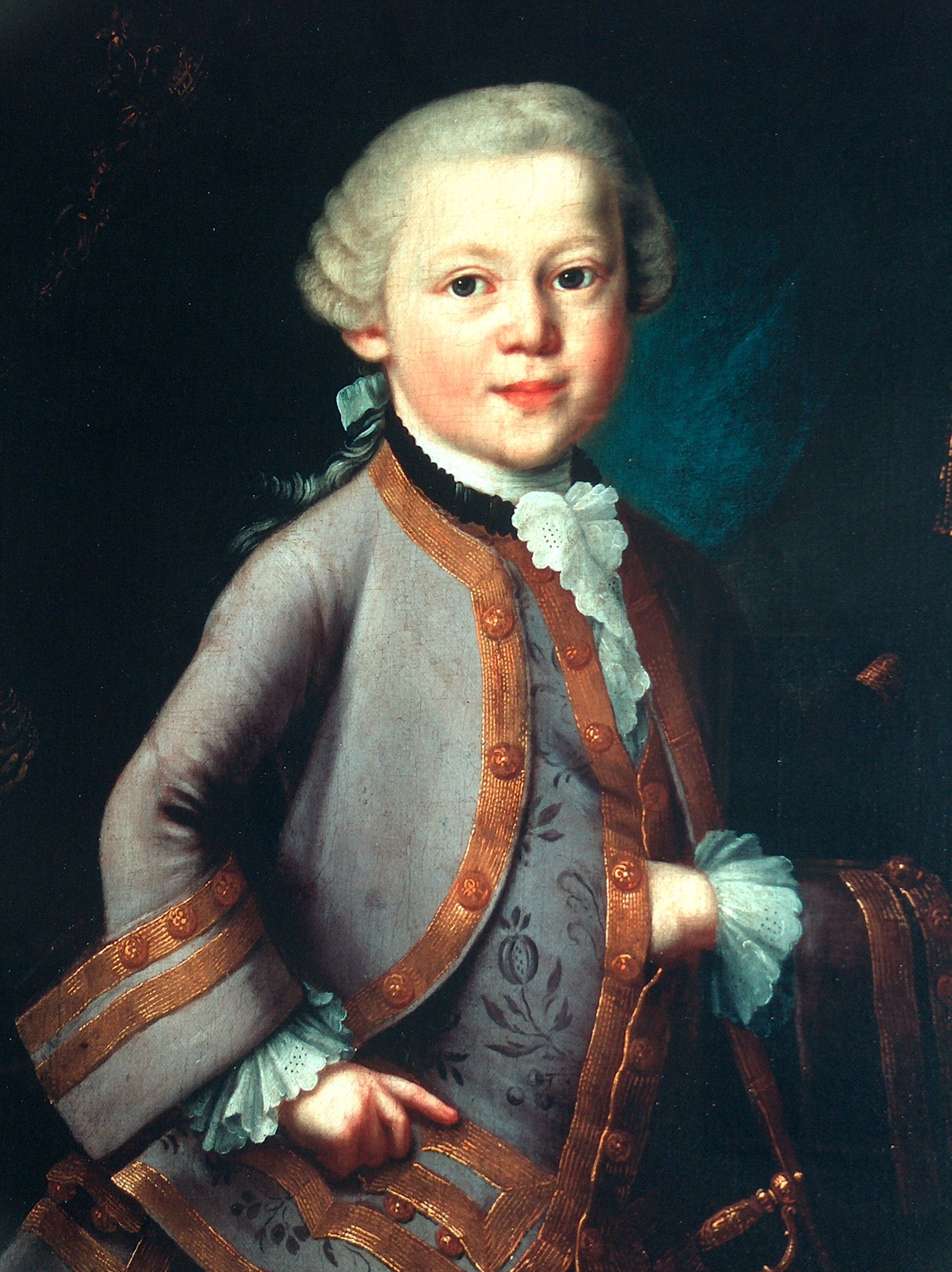Jacob Barnett is only 13, but he is set to become a paid atrophysics researcher at Indiana Unversity-Purdue University Indianapolis. He believes that he is close to disproving Einstein’s theory of relativity.
Matthew Savage is now 20, but he was solving complex mathematical problems at the age of six, and by the age of 12 had released five jazz albums. Although neither of their parents had experience in mathematics, astrophysics, or music, both of these wunderkinds developed talents in these fields at very young ages. Both have been diagnosed with Autism Spectrum Disorder (ASD).
ASD is an umbrella term for a wide number of developmental disorders. Most common amongst them are autism and Asperger’s syndrome, which are characterized by limited social interaction and communication, as well as repetitive patterns of behaviour.
A genius, on the other hand, is traditionally defined by extraordinarily natural intellectual or creative ability.
On the surface, there doesn’t seem to be an overlap between ASD and genius. However, many have speculated that some of the world’s greatest geniuses—from Einstein to Newton, Michelangelo to Mozart—had autism spectrum disorders such as Asperger’s syndrome.
Can special insight or genius arise from the inability to form strong social connections? Do attention to detail and constant repetitive patterns of behaviour result in genius when applied to music or to memorizing mathematical formulae at a young age? Is there really a link between autism and genius? Not all geniuses have autism, and not all autistic individuals are geniuses.
A study by Joanna Ruthsatz and Jourdan Urbach, published June 2012 in the peer-reviewed journal Intelligence, examines eight child prodigies, ranging from six to 23 years of age. These prodigies had a variety of specialties, ranging from cooking to computer programming, music to mathematics. They were tested on the Stanford-Binet intelligence scale, a measure of both verbal and non-verbal intelligence, and also took the Autism-Spectrum Quotient (AQ) test. The results were surprising: generally, the prodigies’ IQs were only slightly higher than normal, ranging from 108-142 (the US average is 100), but they all had excellent working memories—an ability to store and sort information—in the 99th percentile.
Of the eight prodigies, only three of the eight had been diagnosed with ASD, but nearly all had family members with ASD. When tested for autism, however, these prodigies consistently displayed only one autistic trait: attention to detail.
The origin of childhood genius is part of a long-standing debate over development: nature vs. nurture. Individuals like Savage and Barnett, as well as Mozart, appeared to have an inborn talent at music or mathematics.
Others are prodigies and geniuses because they worked at it. In his book Outliers, Malcolm Gladwell provides numerous examples of individuals who became exceptionally skilled after working for 10,000 hours.
Autistic children appear to have an upper hand in both cases: their brains may be better designed for certain tasks (nature), and an affinity for constant repetition is an important trait in the 10,000 hours it requires to perfect a task (nurture).
However, many prodigies, such as Alexander Prior (who became conductor at the Seattle Opera at the age of 17) and Andre Agassi (who was playing tennis by the age of 2) that do not fit within the diagnoses of autism. The link between autism and genius remains ambiguous.
There has been a dramatic increase in ASD across the U.S. according to the Centers for Disease Control and Prevention. The National Epidemiologic Database also reports increases in at least three Canadian provinces. Current prevalence in the U.S. stands at one in 88 children, a 79 per cent increase in ASD since 2002. The reasons for this increase are not yet known, but they are at least partly due to increased knowledge and diagnosis by physicians. Whether this result in a generation with more geniuses remains to be seen.









Well, ASD isn’t just traits. Plenty of people show attention to detail or have difficulty forming strong social bonds without being autistic.